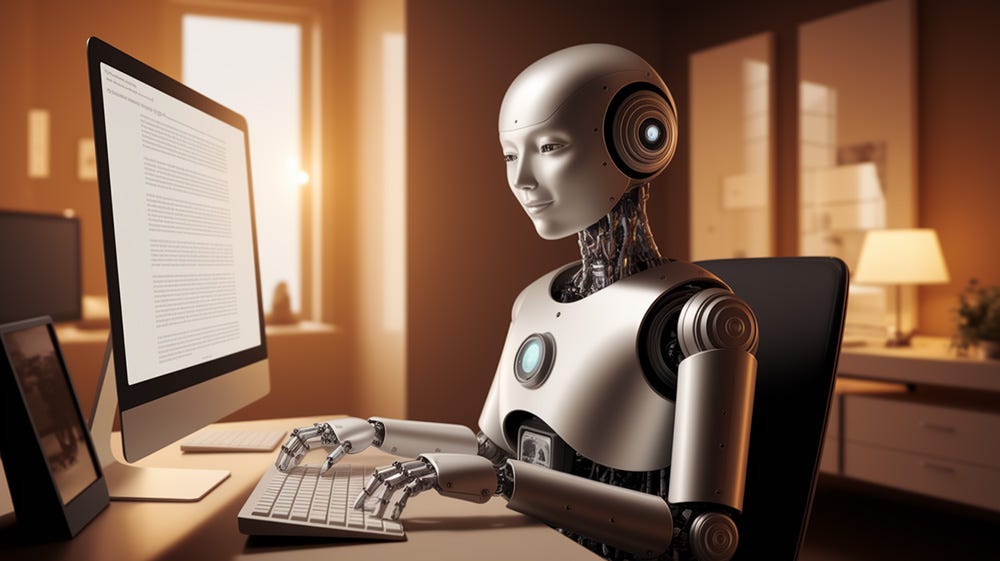AI & fiction: Where to draw the lines
Every author will make their own decision — here’s where I landed
You've probably seen them on Facebook, X, BlueSky, or your favorite social network.
The posts usually start with something like this: I will never read a book where the author used AI in any form or fashion!!!
I don’t often wade into these debates, but if I did, I’d point out that many—perhaps most—authors already use AI in some part of their creative process. Research? Almost certainly. Checking the manuscript for errors? Absolutely. Outlining chapters? Maybe. Brainstorming scene ideas? Sometimes.
But writing entire chapters of a novel? Or mimicking the style of a favorite bestselling author? Those are entirely different matters.
At Authors A.I., the company I co-founded, we believe in a measured, nuanced, and transparent approach to AI—especially when it comes to ethical boundaries.
From the beginning, we’ve taken a firm stance on protecting authors' livelihoods against piracy and plagiarism. While some folks might want to train an AI to write in the style of John Grisham or Danielle Steel, we’ll never allow that on our platform. That’s not what we do. Instead, we help authors write better books through AI-driven critiques and feedback.
Authors need to remain at the center of the creative process
Yes, AI can generate large portions of a novel. But something vital is lost in the creative process when a book is assembled from prompts rather than written from the heart. (Are you really an author if you simply copy and paste an AI’s output instead of writing your own book?) While we don’t pass judgment on those who choose to use AI for writing, we believe it’s dishonest to hide that fact from readers.
Authors A.I. launched in 2019—three years before ChatGPT reshaped the landscape. Now, with the rise of large language models, new ethical questions are emerging for authors, readers, and publishers alike.
That’s why we decided to make our stance clear in an Ethics Statement of Principles: https://authors.ai/ethics-statement/.
When we compare manuscripts uploaded to our service against those from bestselling authors, we do so ethically. We didn’t scrape books from piracy websites—we obtained the rights or processed them in full compliance with copyright law. Likewise, we don’t use our customers’ works to train our AI model.
Still, there’s much education to be done. For example, just weeks ago, the U.S. Copyright Office ruled in January 2025 that AI-generated portions of books do not qualify for copyright protection.
While these ethical discussions are primarily for the authors we work with, readers have a stake in this, too. Maybe I’m biased—as a published author, I have a vested interest in the outcome. But I don’t think we want to live in a world where most books are mass-produced by machines.
AI should enhance creative works and assist authors—not replace them.




